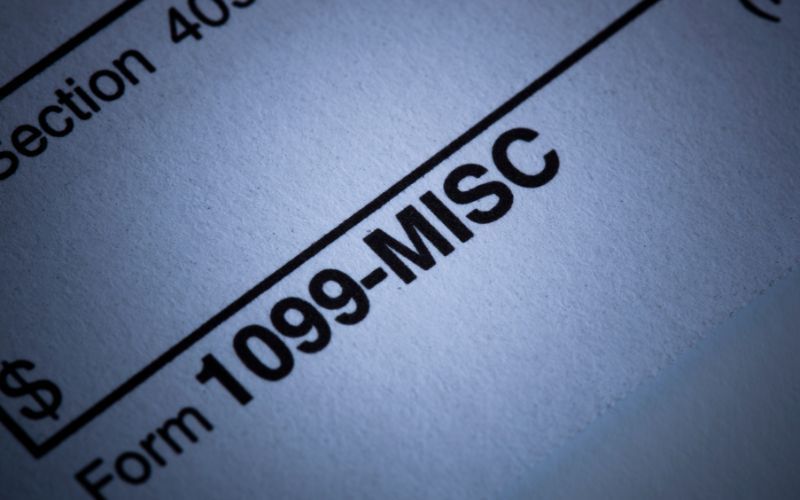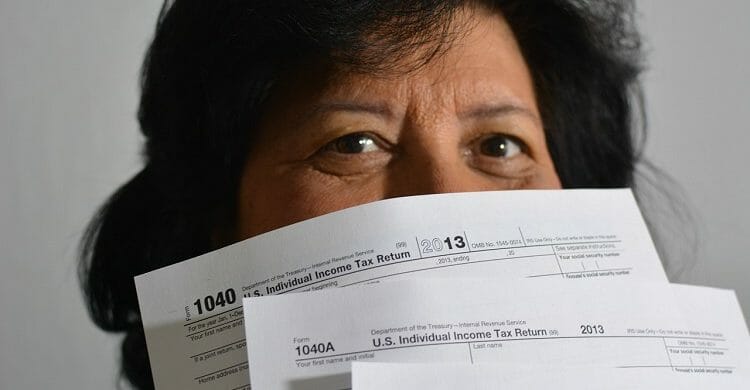Taxes
Filing Basics and Requirements
Educational Resources / Taxes
Understanding Forms 982 and 1099c
Tax filing involves reporting income and financial information to tax authorities annually. It requires submitting details about income sources and potential deductions or credits.
The process varies by country, depending on factors like income and residency. I think it's important that you should adhere to deadlines and guidelines to avoid penalties. Today, digital platforms often facilitate easier and more efficient online tax filing. read more.
Tax Penalties and Legal Consequences
Tax Penalties for Filing Taxes Late
Tax penalties and legal consequences are serious repercussions for failing to comply with tax laws. These penalties can range from fines and interest on unpaid taxes to more severe legal actions like audits, liens, and even criminal charges. They are imposed to ensure compliance and fairness in the tax system.
Common reasons for penalties include late filing, underreporting income, or fraudulent tax returns. The severity of the penalty often correlates with the degree of the violation, with intentional evasion being treated more harshly than simple errors or omissions.
Taxpayers must understand their obligations and seek professional advice if needed, as ignorance of tax laws is typically not accepted as a defense.
read more
Frequently Asked Questions
*Disclaimer: Pacific Debt Relief explicitly states that it is not a credit repair organization, and its program does not aim to improve individuals' credit scores. The information provided here is intended solely for educational purposes, aiding consumers in making informed decisions regarding credit and debt matters. The content does not constitute legal or financial advice. Pacific Debt Relief strongly advises individuals to seek the counsel of qualified professionals before undertaking any legal or financial actions.














 Do Not Sell My Personal Information
Do Not Sell My Personal Information